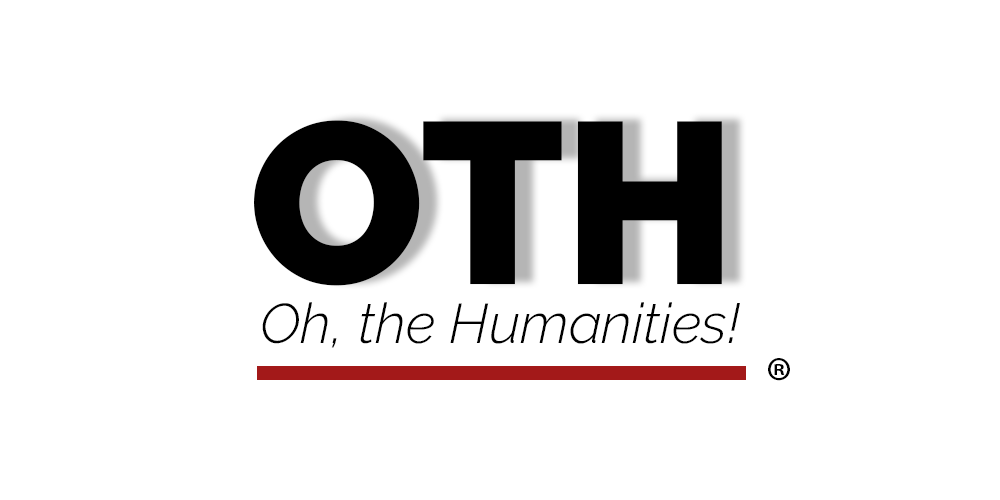
Reprinted with permission of Copyrightlaws.com
by Lesley Ellen Harris
Fair use is one of the most misunderstood principles in the U.S. Copyright Act. It causes frustration, uncertainty and controversy. However, the more you know about fair use, the more useful it may be useful to you. Did you know …
- Fair use is only recently part of the actual U.S. Copyright Act. While it’s a doctrine created by courts in the nineteenth century, it wasn’t until 1976 that fair use became codified and set out in the Copyright Act.
- Many who apply fair use complain that it’s ambiguous and should be more specific to fact situations. Fair use is intentionally open and flexible, and its language allows you to apply the doctrine to your own specific fact situations.
- Fair use may be applied by individuals or corporations, by commercial and noncommercial entities, and in for-profit and nonprofit situations.
- Fair use is never a certain thing unless a judge in a court of law makes that determination. In practice this means that getting comfortable with fair use is important. You need to be able to make a judgment call as to whether fair use applies to your use of copyright-protected content.
- Fair use requires a risk analysis. You must understand any copyright risks involved when applying fair use to your situations and generally minimize your risks of unauthorized uses of copyright-protected materials.
- The application of fair use always depends on the facts of your situation and how your facts fit within the four fair use factors set out in the U.S. Copyright Act.
The factors are:
- The purpose and character of the use, including whether such use is of a commercial nature or is for nonprofit educational purposes
- The nature of the copyrighted work
- The amount and substantiality of the portion used in relation to the copyrighted work as a whole
- The effect of the use upon the potential market for or value of the copyrighted work
U.S. Copyright Office Fair Use Index
The U.S. Copyright Office hosts a Fair Use Index, which is a helpful database for understanding fair use. You can search the Index by category (e.g., literary, artistic, musical work) and by your type of use (e.g., education/scholarship/research, parody/satire, photograph, internet/digitization.)
The Index tracks court decisions at various court levels, but it isn’t intended to be a comprehensive archive of all fair use decisions ever made. It’s designed for both and nonlawyers and is user-friendly. The Index sets out the:
- Name of the case
- Court
- Jurisdiction
- Year of the decision
- Whether fair use was found by the court
You can click on the case name/citation for a summary of the case that includes the key facts, issue, outcome and more information about the decision.
Fair Use and Fair Dealing
Fair use is not a universal provision found in all copyright laws around the world. Fair use originated in the U.S. from the 1841 court case of Folsom v. Marsh. This case set out the four fair use factors that exist today and that were codified in the U.S. Copyright Act of 1976, as set out above.
Fair Dealing in Canada
There is no fair use provision in the Canadian Copyright Act. There is, however, a fair dealing provision for specific purposes: research, private study, education, parody, satire, criticism, review and news reporting.
If the use falls within one of these purposes, then you must determine fairness by applying your facts to the following factors set out in a Supreme Court of Canada case:
- The purpose of the dealing
- The character of the dealing
- The amount of the dealing
- Alternatives to the dealing
- The nature of the work
- The effect of the dealing on the work
- Any other factors that may help a court decide whether the dealing was fair.
In the 2012 amendments to the Canadian Copyright Act, two new purposes were added to fair dealing: parody and education.
See Available Courses Via CopyrightLaws.com
Photo credit: Mike Seyfang, via Flickr, CC BY 2.0.
About the Author
Lesley Ellen Harris, JD, is the founder and CEO of Copyrightlaws.com. Lesley is a copyright consultant, published author, copyright blogger and educator. Her areas of expertise include U.S. and Canadian copyright law, international copyright law, and licensing digital content. (From CopyrightLaws.com)
